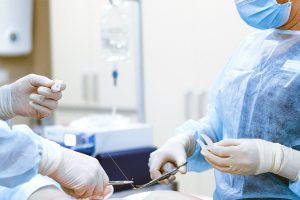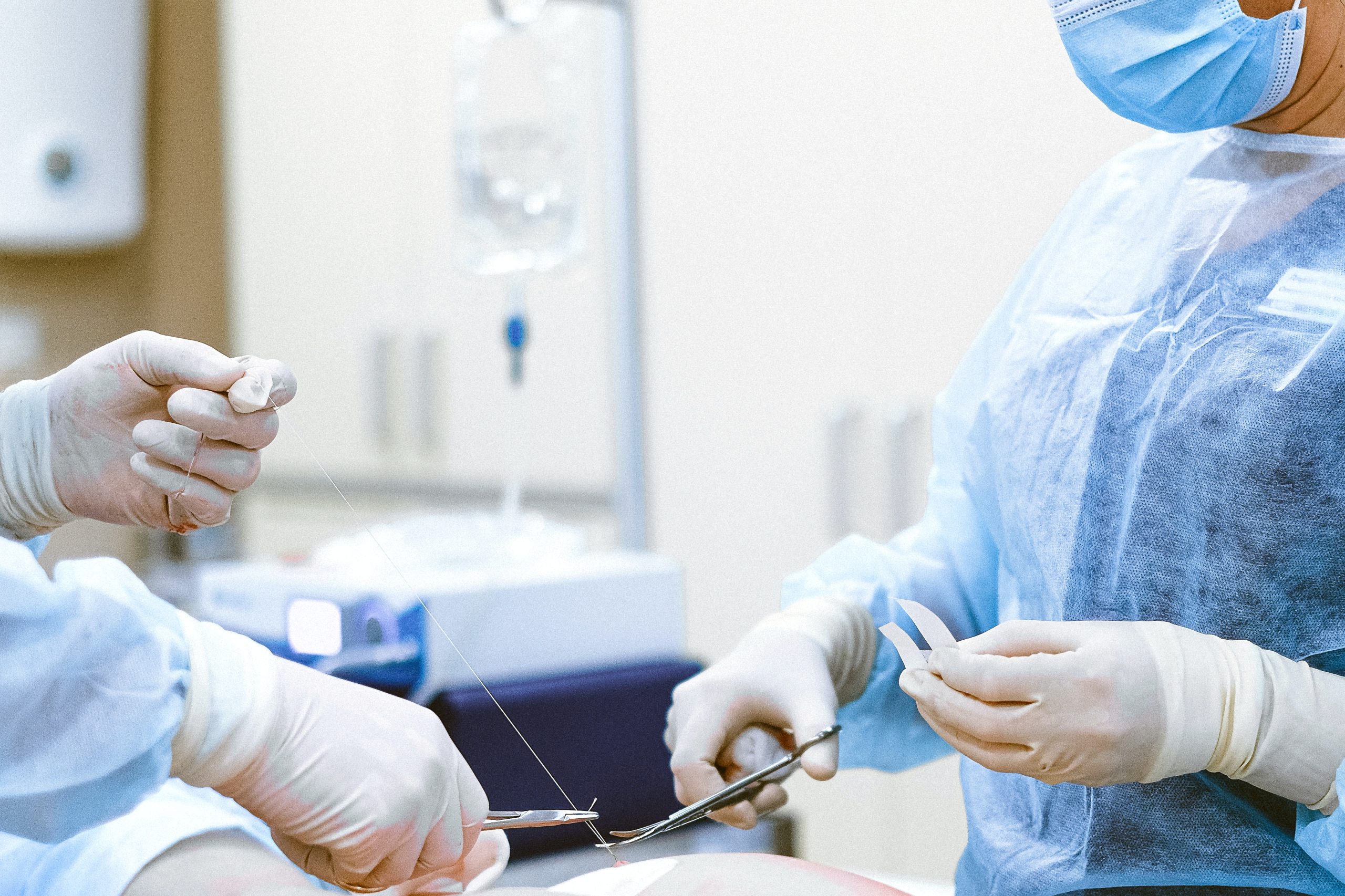At Imperial, Medicine is not coarsely divided into ‘pre-clinical’ and ‘clinical’ blocks but instead we are exposed to a clinical environment from our first term at medical school. However, during first and second year this exposure is scattered throughout the year which makes third year the first purely clinical year of the degree.
I have just finished my first of three placements during which I was based in General Surgery at St. Mary’s Hospital in Paddington. Therefore, I felt now would be a pertinent time to share a couple of reflections on my most substantial clinical placement to date.

While I had already been primed to expect third year to be less structured than first and second year, no longer being in my comfort zone of a lecture theatre still took some getting used to. In pre-clinical medicine virtually all of your teaching is delivered to you in the form of a lecture or tutorial with accompanying shiny slide deck. However, in clinical years your teaching takes a slightly different form. You no longer learn from books or slides or flashcards. Instead you learn from patients. This can take some getting used to as patients don’t come neatly labelled with your course intended learning objectives. Instead, you need to listen to what they tell you, reflect on it, and perhaps do some further reading in your own time. I personally have found learning from real people instead of lecture slides to be, although initially more challenging, a far more effective way to learn as I can finally put what I’ve learnt over the past two years into context. I also try to never take these learning opportunities for granted as it’s truly a privilege for another person to be willing to open up their life to me just so that I can learn.
Another message my first clinical placement really hammered home for me was that, in clinical medicine, you get out what you put in. A temptation many people succumb to during third year is to skip as many days as they can while reassuring themselves that ‘reading up on conditions is more useful anyway.’ As I’ve already touched upon, during placement your teaching is much more sporadic and opportunistic. Therefore, in order to benefit from the learning experiences on offer you need to be present. There hasn’t been a single day on placement where my day panned out even nearly the way I had thought it would during my tube ride to the hospital. One day where I intended on taking some bloods in the morning with the phlebotomist, I ended up scrubbed into a major trauma surgery. It’s probably fair to say that wouldn’t have happened if I decided to just have a lie in instead.
At medical school we’re repeated told that we are ‘valuable members of the healthcare team’ which is often met with significant scepticism. After all, when we’re surrounded by so many healthcare professionals who are incredibly skilled at their jobs, what can we possible do other than get in the way? Over the past placement what I’ve learnt is that, yes, in terms of clinical work there probably isn’t substantial value which a medical student can add. Sure, we can help with the bloods and other ward work, but all of that would have happened anyway even if we weren’t there. Of course, this is completely fine, after all our role on placement is to learn and develop ourselves as future clinicians. However, what I did discover was that medical students are often at their most valuable when it comes to tasks which aren’t necessarily clinical. Helping a visitor find their relative in hospital. Getting a patient whose surgery has been cancelled and hasn’t eaten all day something from the coffee shop downstairs. Having a chat with someone who’s feeling a bit down. In my opinion, these are often the tasks which can make an, albeit small, difference to a patient’s hospital stay which, in a busy hospital environment, can often end up getting overlooked.
All in all, I have loved every minute of my surgical placement and I am itching to get back into a clinical environment after the holiday. As William Osler once said (and nearly every medical institution continues to say):
“To study the phenomena of disease without books is to sail an uncharted sea, while to study books without patients is not to go to sea at all.”



